Swedish Disruptor Shakes Up Asia’s Paint Industry
A bold, eco-conscious brand is drawing in a new generation of consumers
A bold, eco-conscious brand is drawing in a new generation of consumers
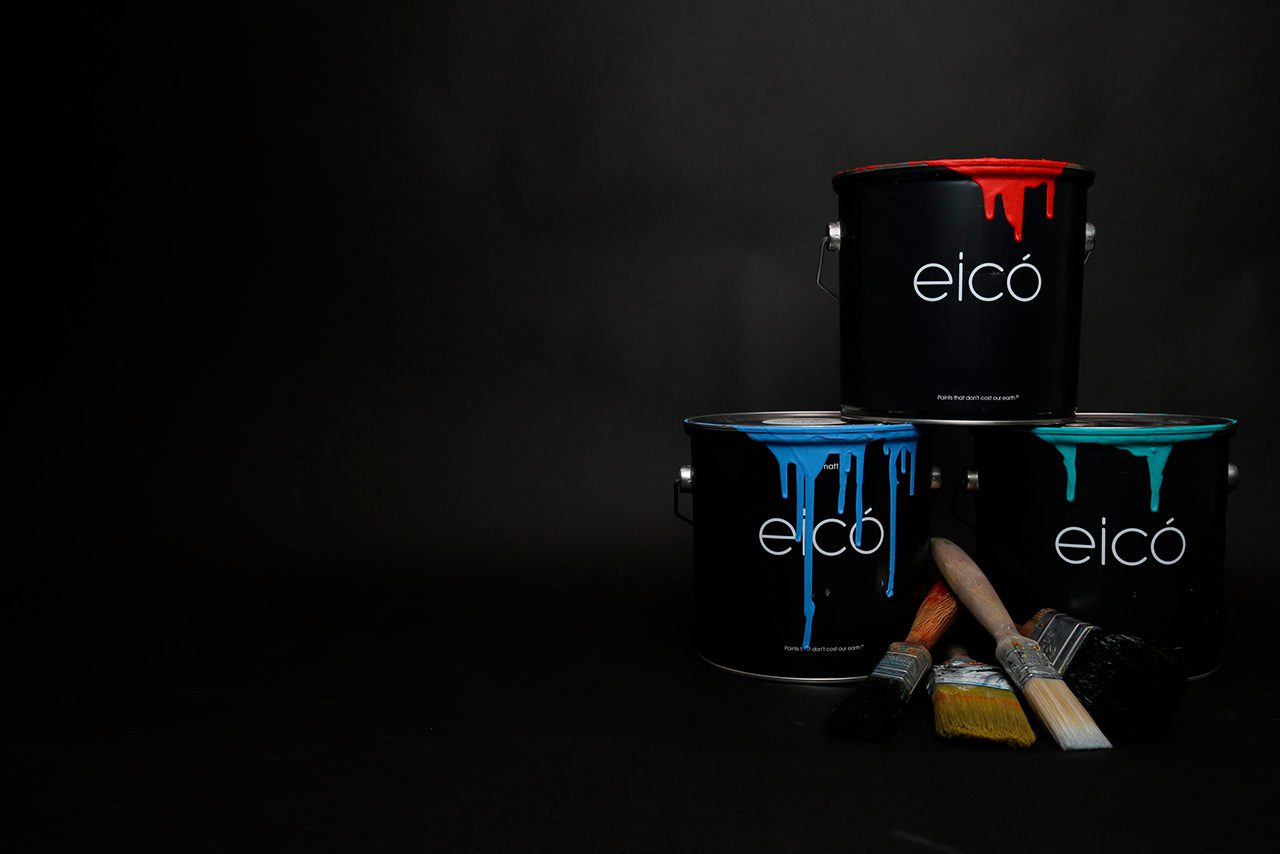
A former Swedish banker is shaking up Asia’s traditionally conservative paint industry with a bold new line of eco-friendly, design-centric paints that are winning over millennials and Gen Z consumers.
Imagine this: You’re ready to refresh your space with a bold new color. But after buying premium paint, you learn it’s laced with volatile organic compounds (VOCs) — harmful chemicals that gradually release toxins into your home. Worse still, there’s no safe way to dispose of the leftover paint. Sooner or later, it will leach into landfills.
That frustration led Swedish ex-banker Joakim Cimmerbeck to found Eicó in Hong Kong in 2012. The company, which offers “decorative paints that don’t cost our earth,” goes beyond selling paint — it aims to redefine sustainability in the coatings sector.
While local competitors lean on greenwashing, Eicó invested over five years in developing just one of its innovative new brands: Junsell. The company has positioned itself as a leader in sustainable coatings by:
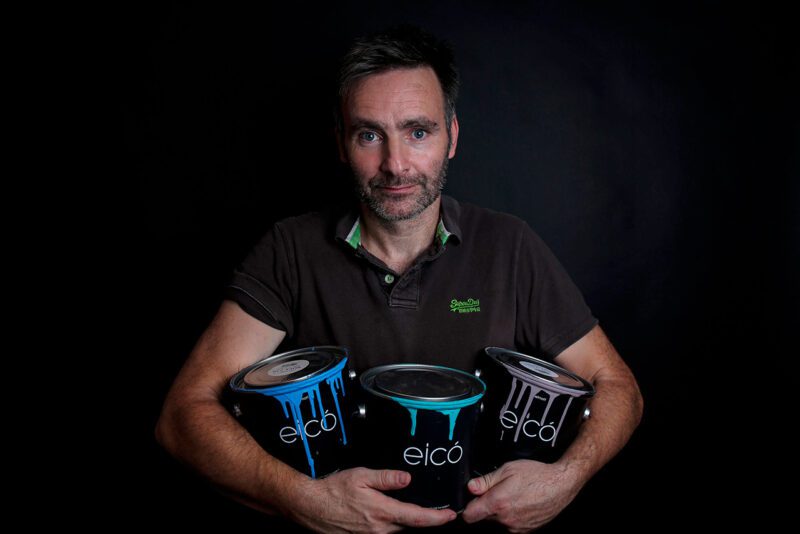
Swedish ex-banker Joakim Cimmerbeck, founder of Eicó
Being “cleaner” than the competition at every stage hasn’t come easy — especially in Hong Kong, where Cimmerbeck faces multiple challenges: regulatory gaps that allow the widespread use of toxic chemicals banned elsewhere; cultural resistance to modern application methods; economic pressures that push consumers toward cheaper, harmful alternatives; and the uphill task of educating an entire ecosystem of stakeholders on the value of sustainable products.
Eicó currently sells about 5,000 liters of paint every two and a half months in Hong Kong — but to break even, monthly sales need to reach that same volume. To meet this target, Cimmerbeck is traveling to Sweden next month to oversee production of the company’s first commercial batch exceeding 5,000 liters.
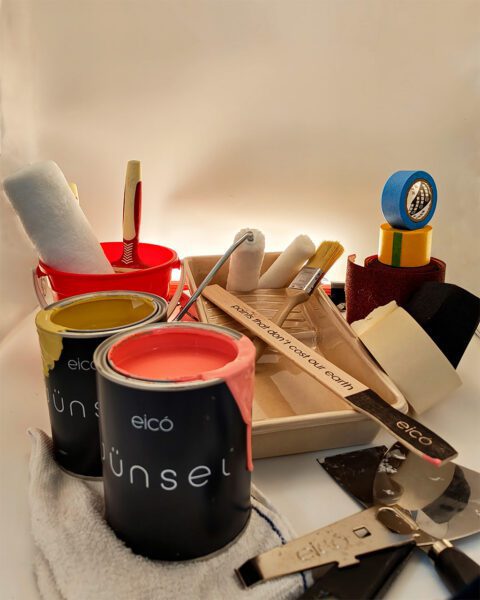 Because they’re priced above conventional options, Cimmerbeck’s paints generate less gross profit per liter than their cheaper, more toxic counterparts — underscoring the difficulty of competing on price while upholding sustainability.
Because they’re priced above conventional options, Cimmerbeck’s paints generate less gross profit per liter than their cheaper, more toxic counterparts — underscoring the difficulty of competing on price while upholding sustainability.
To stay competitive and manage economic pressures, Cimmerbeck controls his own manufacturing — cutting out middlemen who would raise prices without adding value.
Cimmerbeck is also adamant that “Durability = Sustainability.” The emphasis on long-term value over short-term profit is a familiar refrain in the world of social entrepreneurship. As he puts it: “Higher standards don’t mean higher costs — they mean smarter math. That $10 T-shirt costs ten times less upfront than a $100 shirt, but you’ll replace it ten times faster. Businesses understand this: every purchase, replacement, and disposal carries hidden costs. When you calculate total cost of ownership, quality always wins.”
Earlier this year, with an eye on long-term impact, Cimmerbeck forged a unique strategic partnership aimed at raising industry standards — offering valuable lessons for sustainable entrepreneurs across sectors. His vision reaches beyond personal success; it’s about transforming an entire industry, even if that means paving the way for others to follow.
When Château des Joncherets — a historic French estate owned by a nobleman and an American influencer — began its transformation into a luxury event venue, aesthetics weren’t the only priority. They wanted to redefine what heritage sustainability could look like.
To make sustainability truly succeed, it must be measurable — and it must matter to the bottom line.
This made the collaboration with Cimmerbeck a natural fit: Eicó’s certified non-toxic paints offered the affluent clientele the credibility of sustainability they demanded. More significantly, the ecosystem surrounding the project was elevated by the involvement of over ten West Coast designers showcasing signature rooms, Ivy League universities booking the venue, and influencer-driven exposure to high-net-worth U.S. audiences.
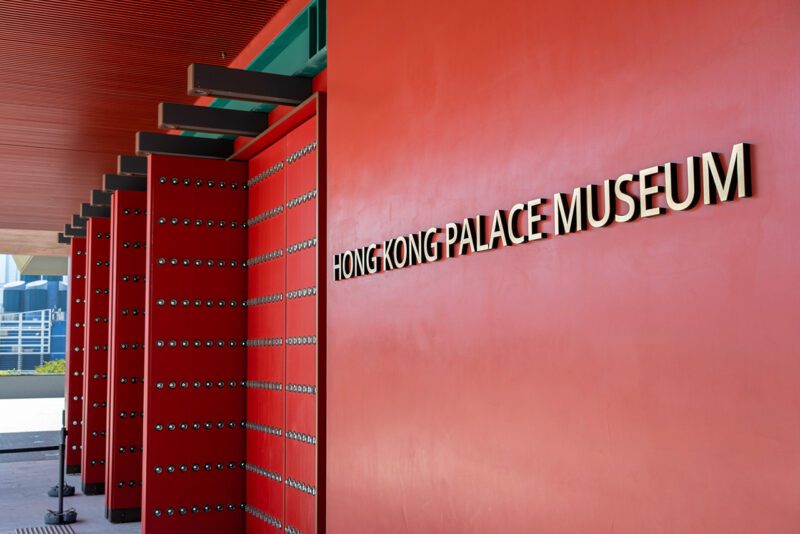
“These kinds of luxury partnerships aren’t about the immediate sale — they’re about creating reference projects that shift industry expectations,” says Cimmerbeck.
Social entrepreneurship’s best-kept secret? The most lucrative opportunities lie in uncovering and fixing invisible system failures — not merely in selling “eco-friendly” alternatives.
Eicó didn’t win the Hong Kong Palace Museum contract by simply offering a “greener” product. The real breakthrough came when Cimmerbeck and his team identified a hidden systemic failure: the insurance industry’s requirements for protecting valuable assets — and its quiet battle against toxic chemicals in cultural spaces.
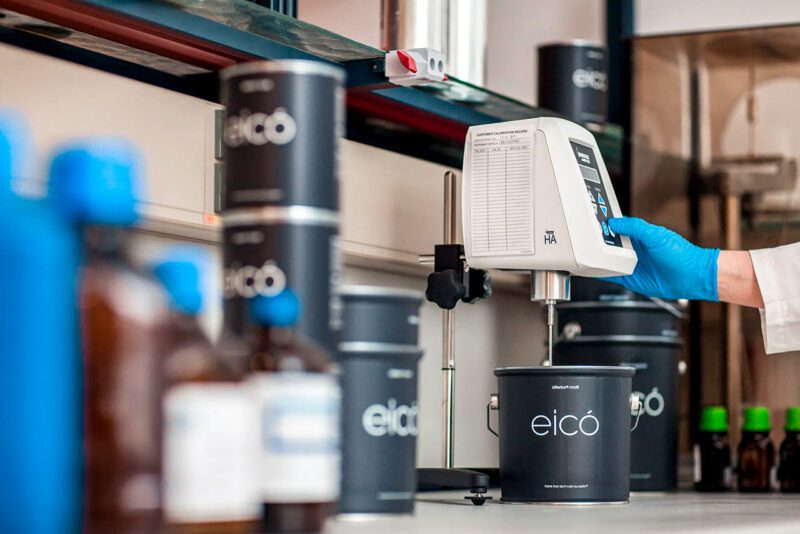
Eicó paint quality check
“Museums don’t choose non-toxic paint for visitors’ health — they do it for insurance. Imagine the Mona Lisa being damaged by toxic fumes. The insurer would fight the claim for years. Our paint eliminates that risk entirely — that’s why the Palace Museum chose us.”
Eicó’s success with the Palace Museum is a textbook case of “embedded impact” — where sustainability isn’t an add-on, but integral to the core value proposition.
“Don’t ask customers to pay more because you’re ‘doing good.’ Show them how your impact makes their business better,” said Jason Saul, a leading expert in impact measurement, speaking at the Hong Kong Jockey Club’s Social Innovation Programme, Measuring and Selling Your Impact (June 20, 2025).
To “sell your impact,” Saul emphasized the importance of deeply understanding your customer — their business model, strengths and weaknesses, goals, customer base, and economic structure. Most crucially, he said, you must know their pain points — where the real needs lie. Solving pain or creating opportunity is the key to generating leverage.
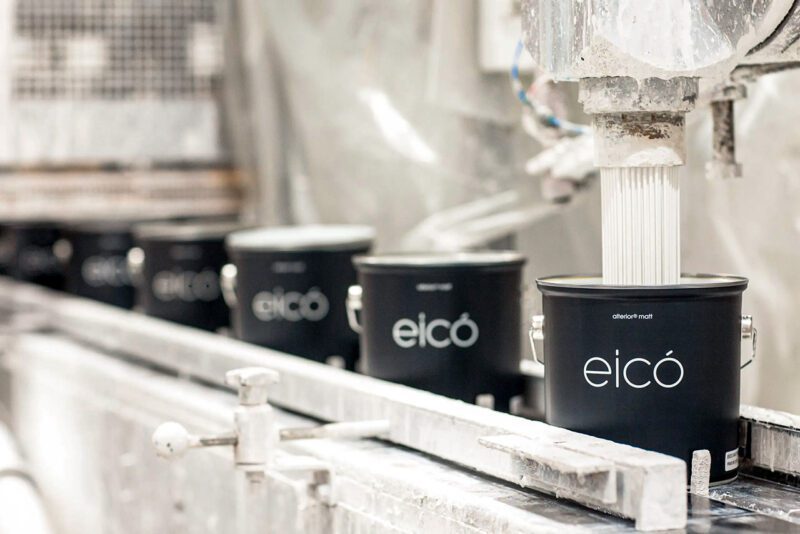
In his book Social Impact, Inc., Saul offers a framework for converting social and environmental value into measurable business outcomes. Here’s how three of his key principles apply to Eicó’s Hong Kong Palace Museum case:
1. “Impact Is the New Currency”
Saul argues that impact should be translated into terms the market already understands — such as revenue growth, cost savings, or risk mitigation.
2. “Stop Selling Intentions, Start Selling Outcomes”
Saul critiques mission-driven companies for focusing too heavily on values rather than tangible results.
3. “Find the Buyer of Your Impact”
According to Saul, it’s essential to identify who directly benefits from your impact — and it’s often not the end user.
The unspoken truth of impact-driven business is this: outcomes sell better than ethics. To make sustainability truly succeed, it must be measurable — and it must matter to the bottom line. As Cimmerbeck emphasizes, the real issue is the pace of progress: “A company’s success cannot be determined by profits alone… Environmental initiatives must become an asset class. My taxes should decrease by 2–3% if I lower my carbon footprint by X percent — that should be part of my environmental asset class. And if I don’t, my taxes should increase by 6–8%.”
Related Content
Comments
Deep Dives

Featuring
Clarisse Awamengwi
IE Correspondent
July 17 - 12:00 PM EST

Featuring
Russell McLeod
July 24 - 12:00 PM EST
RECENT
Editor's Picks
Webinars
News & Events
Subscribe to our newsletter to receive updates about new Magazine content and upcoming webinars, deep dives, and events.
Become a Premium Member to access the full library of webinars and deep dives, exclusive membership portal, member directory, message board, and curated live chats.
At Impact Entrepreneur, we champion fearless, independent journalism and education, spotlighting the inspiring changemakers building the Impact Economy. Diversity, equity, sustainability, and democracy face unprecedented threats from misinformation, powerful interests, and systemic inequities.
We believe a sustainable and equitable future is possible—but we can't achieve it without your help. Our independent voice depends entirely on support from changemakers like you.
Please step up today. Your donation—no matter the size—ensures we continue delivering impactful journalism and education that push boundaries and hold power accountable.
Join us in protecting what truly matters. It only takes a minute to make a real difference.
0 Comments